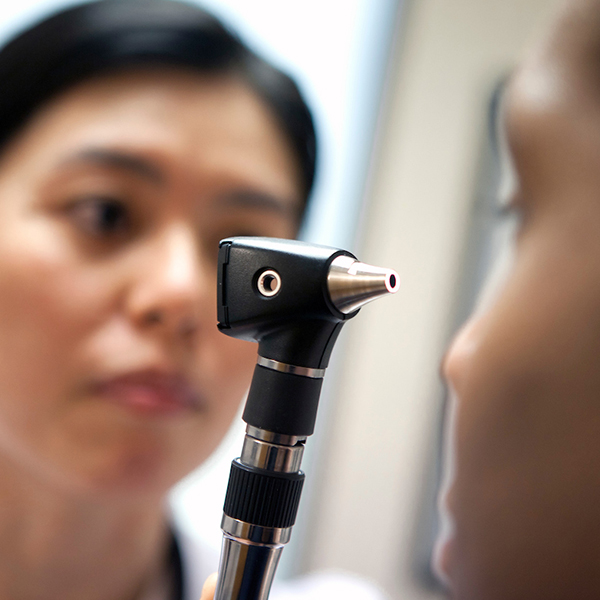Common Cold
Overview and Facts about Common Cold
The common cold is a viral infection of the upper respiratory tract that can give patients a runny nose, sore throat and/or cough.
Many viruses can lead to a cold, and although colds create a range of uncomfortable symptoms, most of them are harmless. Cold symptoms typically last seven to 10 days.
Signs and Symptoms of Common Cold
After exposure to a cold virus, patients develop symptoms within three days. Although every person responds differently, some of the most common symptoms include:
- Congestion
- Cough
- Feeling unwell
- Headache
- Low-grade fever
- Runny nose
- Sneezing
- Sore throat
- Stuffy nose
- Slight body ache
Causes and Risk Factors of Common Cold
The common cold is caused by viruses, the most common of which are rhinoviruses. Exposure to the virus occurs through droplets in the air after someone sneezes or coughs.
It can spread through hand-to-hand contact or by sharing contaminated items, especially telephones and toys. The virus gets on the patient’s hands, and then when the individual touches the eyes, nose or mouth, the virus enters the body.
Although anyone can get a common cold, some risk factors increase its likelihood, including:
- Being exposed to many people
- Being younger than six
- Having a weakened immune system
- Smoking
- Spending time in child-care settings
The likelihood of getting a cold increases during the fall and winter, when people have closer contact than in the spring and fall.
Tests and Diagnosis of Common Cold
In most cases, colds can be self-diagnosed at home based on symptoms. Because colds are a virus and must run their course, usually a patient won’t need to see a doctor. Medical attention should be sought if adults have a fever higher than 101.3°F or a fever lasting more than five days.
If they experience shortness of breath, wheezing or severe sinus pain, they should be examined by a primary care physician. In these cases, the doctor may order an X-ray.
Seek medical attention if a newborn under 12 weeks has a fever of 100.4°F or higher. In any children, call the doctor if they:
- Experience severe symptoms, ear pain, or unusual fussiness or drowsiness
- Have a fever lasting more than two days
- Have a fever that doesn’t respond to over-the-counter fever reducers
Treatment and Care of Common Cold
The common cold has no cure, but patients can work to prevent the viral infection by avoiding contact with people who are sick.
During cold season, be sure to regularly wash hands and disinfect toys and countertops. Staying healthy by eating right and getting plenty of sleep can also reduce the risk.
If a patient does get a cold, work to reduce symptoms by:
- Avoiding caffeine and alcohol
- Boosting the immune system with vitamin C, echinacea, and zinc
- Drinking lots of fluids
- Eating chicken soup
- Resting
- Soothing the throat
- Using saline nasal drops
Medications, such as over-the-counter pain relievers, decongestants and cough syrups can also help reduce symptoms.

Request an Appointment
Our primary care physicians care for the overall health of the whole family, providing checkups and routine medical exams. We’ve made it easy to see a Loyola Medicine primary care provider with a variety of appointment options.
Immediate Care Virtual Visits now available!
Schedule a Telehealth Appointment
